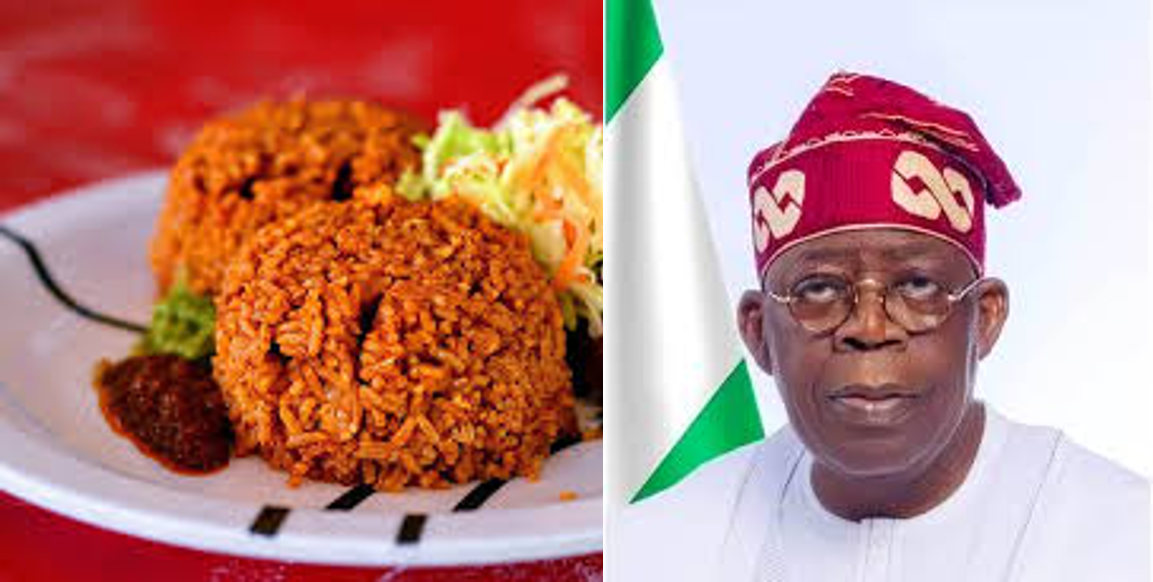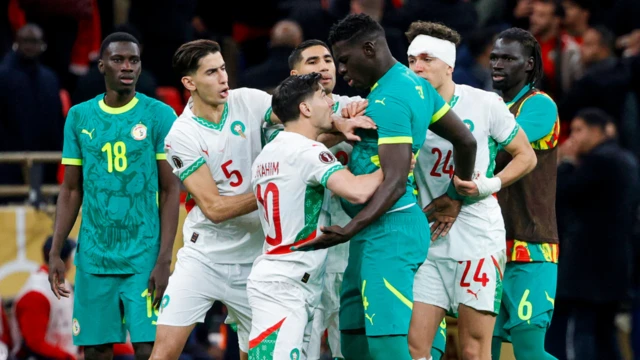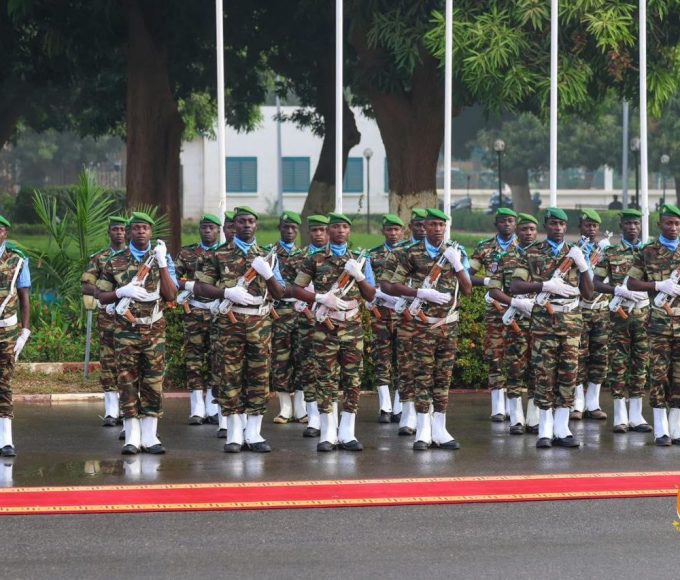
“Jollof Rice And AC”: The Secret Ingredients African Politicians Use To Keep You Poor And Loyal

Across Africa, poverty is often framed as an unfortunate reality to be solved. But beneath the surface, poverty operates as a deliberate political strategy, a mechanism to maintain control, suppress dissent, and perpetuate power.
Politicians have learned to wield poverty like a tool, rationing access to resources, privileges, and opportunities in exchange for loyalty. This is not mere neglect or incompetence; it is a calculated system that keeps citizens dependent and leaders secure.
The strategy is centuries old, but in Africa’s post-independence era, it has taken on a particularly modern form. Poverty doesn’t just suppress dissent; it can actively generate political loyalty when leaders ration out access to privilege, resources, and opportunity.
When you have little, you’ll cling to whoever gives you something, no matter how small. That dynamic is the beating heart of African patronage politics.
For example, the recent Progressive Digital Summit, which was held inside Nigeria’s Presidential Villa in Abuja, for hundreds of young supporters of the ruling party, that weekend was unforgettable:
Air-conditioned rooms, blazing Wi-Fi, and plates of steaming jollof rice served in the shadow of power.
For many attendees, young Nigerians from often marginalised communities, this was a rare glimpse of dignity and inclusion. One participant posted online:
Wi-Fi blazing, AC chilling, jollof steaming… 95% of Nigerian youths may never step into Aso Rock in their lifetime.”
Such moments, while fleeting, are priceless in a context where economic hardship is the norm. Invitations to such events come with unspoken expectations: loyalty, support, and silence.
This wasn’t just hospitality. It was an initiation, an unspoken contract between rulers and the ruled. The message:
Here is a glimpse of power. Support us, and these moments may continue.”
The cost to the party was small. But the political return, a legion of online defenders fiercely loyal to the hand that fed them, was immense.
The system that creates these moments operates on four key pillars:
Maintaining Scarcity: Jobs are limited, public services are underfunded, and economic growth often fails to trickle down. In many African countries, youth unemployment rates exceed 30 per cent. Scarcity breeds vulnerability.
Selective Distribution of Privilege: Political elites dole out scholarships, jobs, business contracts, and social programmes to their supporters or strategically targeted groups. In Kenya, for example, “harambees”, community fundraising events often linked to political figures, double as platforms for patronage.
Rewarding Loyalty with Access: Being invited to an elite event, receiving a government stipend, or getting a contract creates emotional bonds. These acts transform citizens into political clients who defend their benefactors, sometimes vehemently.
Excluding and Silencing Critics: Those who speak out risk losing access to benefits, jobs, or community standing. In Uganda, opposition activists have faced arbitrary arrests and social exclusion, discouraging dissent.
Politicians don’t just govern economies; they manage scarcity. Jobs are scarce, public services falter, and social safety nets are thin. This scarcity is no accident but part of a system that makes people dependent on political favours.
From cash handouts before elections to distributing food only to loyalists, these tactics are employed throughout Africa. The result is a population caught between desperation and gratitude, less likely to demand systemic change when their survival depends on political goodwill.
The power of these gestures isn’t just material but emotional. Being seen, included, and recognised, if only briefly, can create fierce loyalty. It’s why leaders stage lavish events or distribute modest gifts:
They are buying more than votes; they are buying identities and allegiances.
Economic independence breaks the cycle of dependency. When citizens have stable jobs, education, and health care, they demand accountability. They become less likely to accept symbolic gestures or trade their votes for favours.
But for many politicians, this is a threat. Ending poverty means competing on governance, not patronage. It means losing control over a loyal base that can be mobilised or silenced through economic means.
The World Bank estimates that Africa’s youth population will double by 2050, reaching over 830 million people. Without structural change, unemployment and poverty risks will rise, deepening political instability.
However, many governments spend disproportionately on political campaigns and patronage networks compared to poverty alleviation. For example, in some countries, election spending equals or exceeds annual health budgets.
The Path Forward Requires
Structural Economic Reforms: Investment in industries that create real jobs, vocational training, and support for entrepreneurship.
Strengthening Civil Society and Education: Civic education helps citizens recognise manipulation and demand real change.
Transparent Governance: Independent audits, anti-corruption measures, and free media ensure accountability.
Youth Empowerment: Beyond token events, young people need meaningful platforms and resources to engage in policy-making.
African leaders have the resources and knowledge to end poverty, but their political survival often depends on its persistence. As long as poverty remains a tool of control rather than a challenge to overcome, progress will be measured in fleeting moments of privilege instead of sustained dignity for all.
The challenge is clear: build systems where every citizen’s right to opportunity and respect is not granted by politicians but guaranteed by the state. Only then can Africa’s youth stop trading loyalty for scraps and start demanding the futures they deserve.
Read More:
- Tinubu’s Signed Tax Reform Could Ground Nigerian Airlines in 48hrs —Airline Operators
- Nigeria’s Non-Oil Exports to ECOWAS Hit 663 Million Metric Tonnes in Six Months
About The Author
%s Comment
Leave a Reply Cancel reply
Related Articles
The AFCON Final in Morocco and the Controversies That Followed
The Africa Cup of Nations final between hosts Morocco and Senegal ended...
ByWest Africa WeeklyJanuary 20, 2026Mali’s Transition Leader Attends Swearing-In of Guinea’s President Mamadi Doumbouya
Mali’s President of the Transition, General Assimi Goïta, represented the country in...
ByWest Africa WeeklyJanuary 19, 2026Malian Army Conducts Successful Surveillance Operation in Mopti Region
The Malian Armed Forces have carried out a successful territorial surveillance operation...
ByWest Africa WeeklyJanuary 19, 2026Niger’s Security Forces Record Major Gains Against Armed Groups
Niger’s Defence and Security Forces have reported significant results following a week...
ByWest Africa WeeklyJanuary 19, 2026












Who will implement these paths forward requirements? If the citizenry can’t unite to demand accountability nothing will work